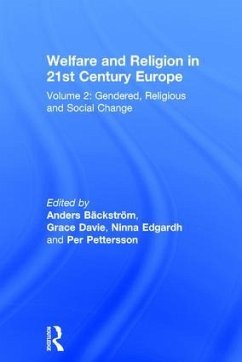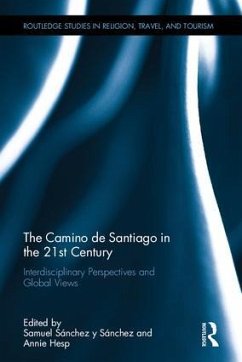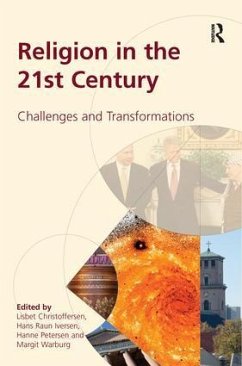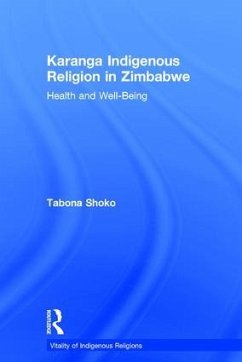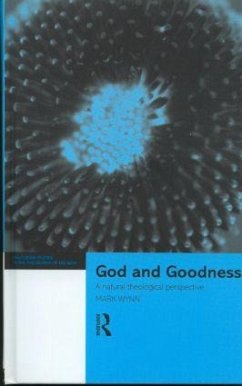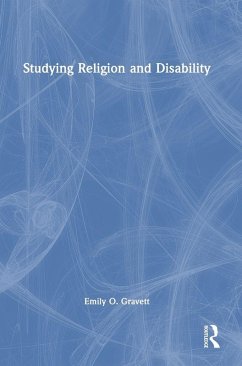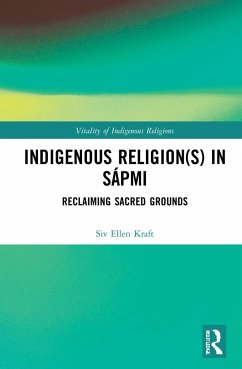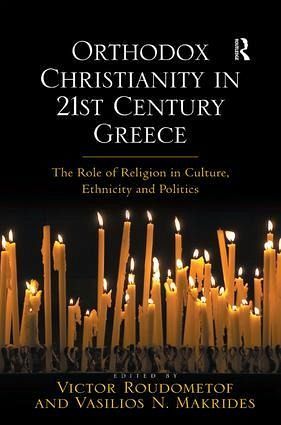
Orthodox Christianity in 21st Century Greece
The Role of Religion in Culture, Ethnicity and Politics
Herausgeber: Roudometof, Victor
Versandkostenfrei!
Versandfertig in 1-2 Wochen
181,99 €
inkl. MwSt.
Weitere Ausgaben:

PAYBACK Punkte
91 °P sammeln!
One of the predominantly Orthodox countries that has never experienced communism is Greece, a country uniquely situated to offer insights about contemporary trends and developments in Orthodox Christianity. This volume offers a comprehensive treatment of the role Orthodox Christianity plays at the dawn of the twenty-first century Greece from social scientific and cultural-historical perspectives. This book breaks new ground by examining in depth the multifaceted changes that took place in the relationship between Orthodox Christianity and politics, ethnicity, gender, and popular culture. Its i...
One of the predominantly Orthodox countries that has never experienced communism is Greece, a country uniquely situated to offer insights about contemporary trends and developments in Orthodox Christianity. This volume offers a comprehensive treatment of the role Orthodox Christianity plays at the dawn of the twenty-first century Greece from social scientific and cultural-historical perspectives. This book breaks new ground by examining in depth the multifaceted changes that took place in the relationship between Orthodox Christianity and politics, ethnicity, gender, and popular culture. Its intention is two-fold: on the one hand, it aims at revisiting some earlier stereotypes, widespread both in academic and others circles, about the Greek Orthodox Church, its cultural specificity and its social presence, such as its alleged intrinsic non-pluralistic attitude toward non-Orthodox Others. On the other hand, it attempts to show how this fairly traditional religious system underwent significant changes in recent years affecting its public role and image, particularly as it became more and more exposed to the challenges of globalization and multiculturalism.






